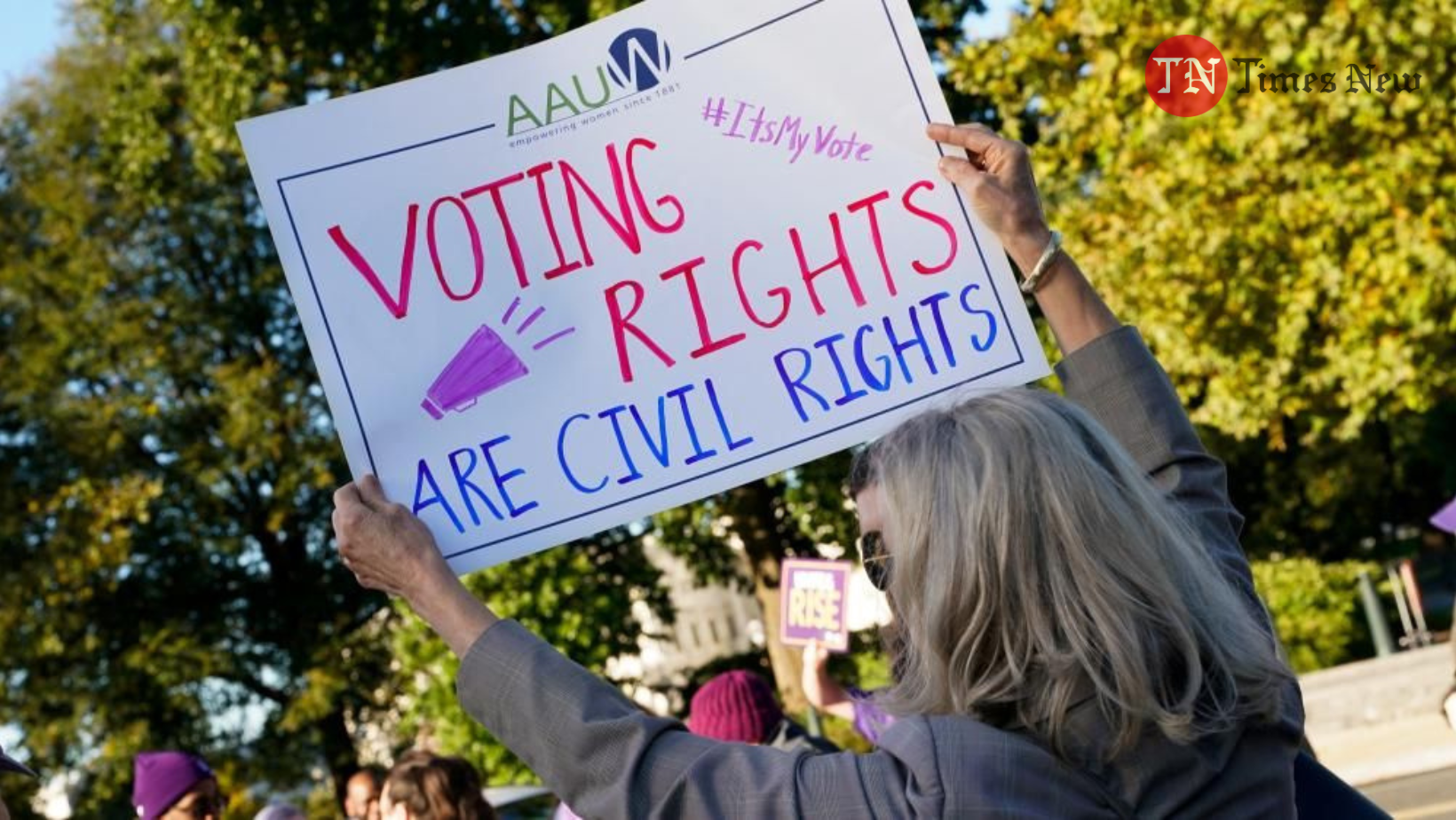
The U.S. Supreme Court on Wednesday heard arguments in a major case challenging Louisiana’s congressional map, which increased Black voting power after a lower court ruled that an earlier version violated the Voting Rights Act. The lawsuit, filed by white voters, argues that the revised map relies too heavily on race, breaching constitutional guarantees of equal protection under the 14th and 15th Amendments. Attorney Edward Greim, representing the plaintiffs, urged the justices to view the Constitution as “colorblind,” contending that race-based remedies should not continue indefinitely.
The court’s conservative justices appeared skeptical about the constitutionality of using race to shape electoral boundaries, signaling a potential narrowing of Section 2 of the Voting Rights Act, which bars maps that dilute minority voting power. Legal experts warned that the case could further weaken the landmark 1965 law, already limited by a 2013 ruling authored by Chief Justice John Roberts. Justice Brett Kavanaugh acknowledged the ongoing tension between racial nondiscrimination and the need for remedies addressing America’s history of racial inequities, while liberal Justice Sonia Sotomayor defended the consideration of race in redistricting as essential to fair representation.
The case echoes last year’s ruling that struck down race-conscious university admissions, reinforcing the court’s conservative view that eliminating racial discrimination means eliminating all race-based distinctions. Civil rights advocates, however, maintain that using race remains constitutional when remedying proven discrimination. A decision in the Louisiana case, expected by June, could redefine how courts interpret and apply the Voting Rights Act in future redistricting disputes.
Pic Courtesy: google/ images are subejct to copyright









